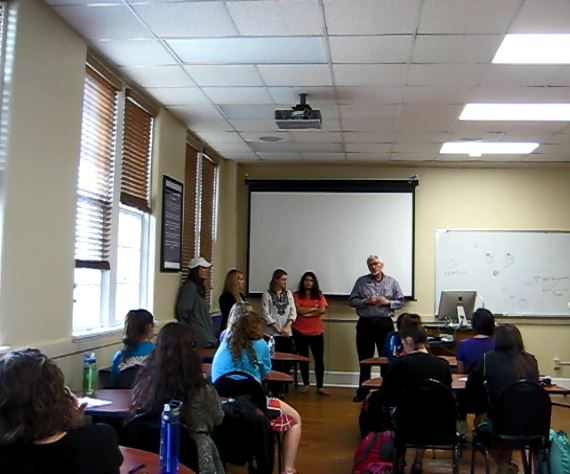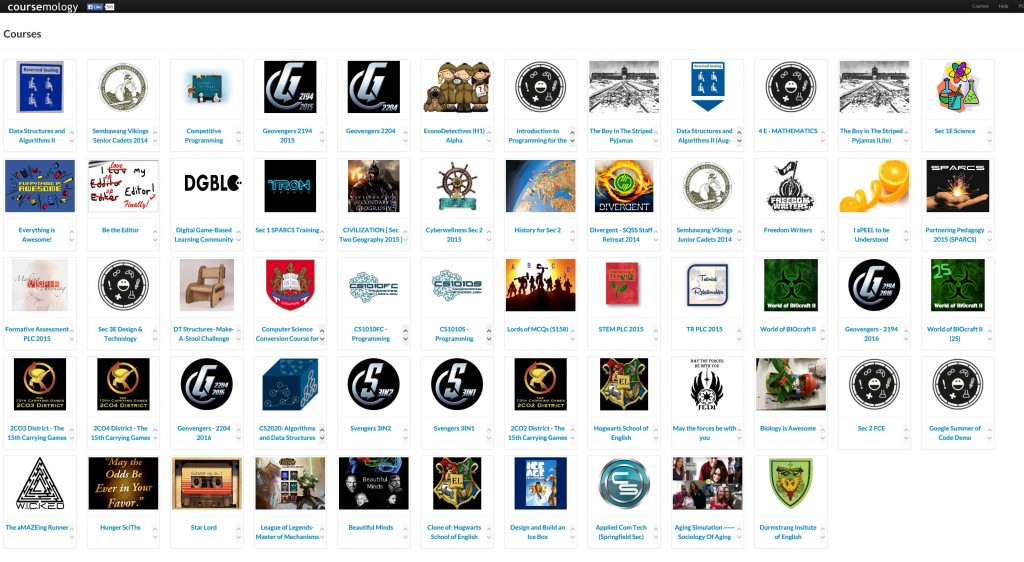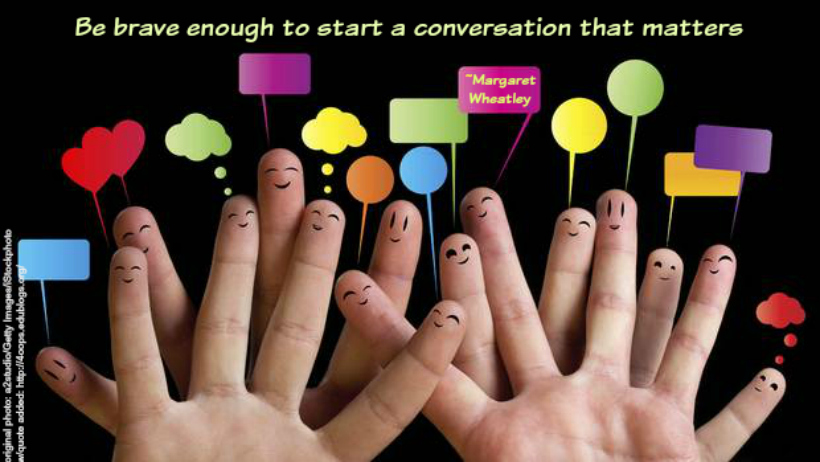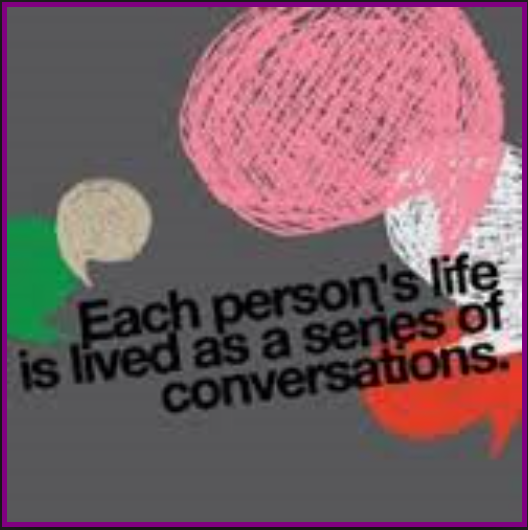Culturally Responsive Teaching, Digital Media & Informal vs. Formal Learning and Empathy
You’ve been thinking deeply about digital media and culturally responsive teaching, and the differences between formal and informal learning during this week.
Teachers must walk the line between both formal and informal learning everyday. In this inspiring narrative, 2nd grade teacher, Mrs. Leonard provides an poignant example of empathetic formal and informal teaching.
The Power of Seven Words–The Whisper Test
Mary Ann Bird was born with multiple birth defects. She suffered not only from her physical impairments but also with the emotional trauma of “being different” from others. Here is a story of the power of 7 familiar words.
From Mary Ann’s reflection, “I grew up knowing I was different, and I hated it. I was born with a cleft palate, and when I started school, my classmates made it clear to me how I looked to others: a little girl with a misshapen lip, crooked nose, lopsided teeth, and garbled speech.
When schoolmates asked, “What happened to your lip?” I’d tell them I’d fallen and cut it on a piece of glass. Somehow it seemed more acceptable to have suffered an accident than to have been born different. I was convinced that no one outside my family could love me.
By the age of seven I was convinced that no one outside my family could ever love me. Or even like me.
And then I entered the second grade, and Mrs. Leonard’s class.
I never knew what her first name was – just Mrs. Leonard. She was round and pretty and fragrant, with chubby arms and shining brown hair and warm dark eyes that smiled even on rare occasions when her mouth did not. Everyone adored her. But no one came to love her more than I did. And for a special reason.
The time came for the annual “hearing tests” to be given at our school. I was barely able to hear anything out of one ear, and was not about to reveal yet another problem that would single me out as different.
And so I cheated.
I had learned to watch other children and raised my hand when they did during group testing. The “whisper test” however, required a different kind of deception: Each child would go to the door of the classroom, turn sideways, close one ear with a finger, and the teacher would whisper something from her desk, which the child would repeat. Then the same thing was done for the other ear.
I had discovered in kindergarten that nobody checked to see how tightly the untested ear was being covered, so I merely pretended to block mine. As usual, I was last, but all through the testing I wondered what Mrs. Leonard might say to me. I knew from earlier years that she whispered things like “The sky is blue” or “Do you have new shoes?”
My turn came up. I turned my bad ear to her, plugging up the other solidly with my finger, then gently backed my finger out enough to be able to hear.
I waited and then the words that God had surely put into Mrs. Leonard’s mouth, seven words that changed my life forever.
Mrs. Leonard, the pretty teacher I adored, said softly, “I wish you were my little girl.”
The Bible says we will be held accountable for our every careless word (Matt. 12:36-37). Normally, this is taken as a negative – our every idle, harsh, or mean or untrue word.
I believe it also applies to life-changing positive words like “I wish you were my little girl.”
Story by Mary Ann Bird
~~~~
Thank you for all you do for kids!
Dr. Teague
 What do these things in the picture have in common?
What do these things in the picture have in common?






